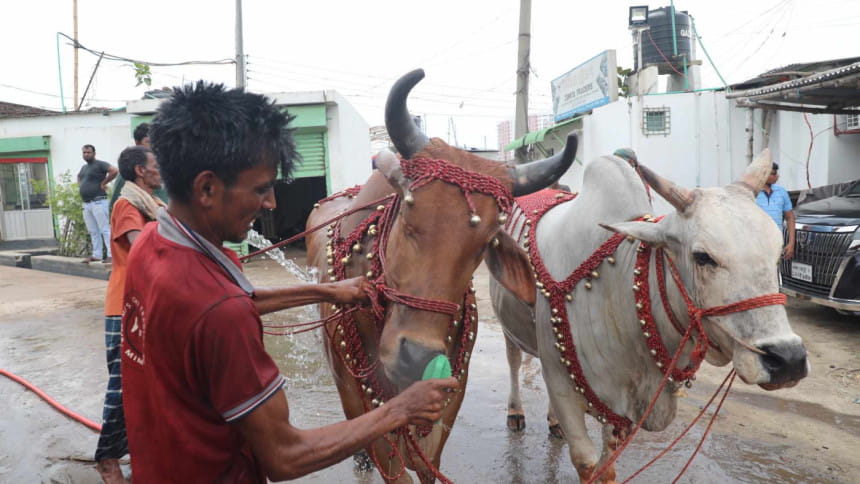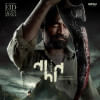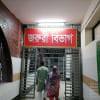When mercy is missing from sacrifice

In the past few days, I've seen at least three Facebook videos of cows running away while being escorted to or from cattle markets, often shared with laughing emojis or captions that try to add humour to the situation.
But what are we laughing at? A terrified animal desperately trying to escape death? Or ourselves, the people who dragged them there?
Are we so far gone that even a creature's panic, its last attempt at life, is turned into viral entertainment?
Then came the photos—at least two cows, dead before the ritual even began. One collapsed on the truck on its way to the capital. Another died in the unbearable heat of a crowded cattle market. Both died anonymous and unmourned, their deaths recorded only because someone happened to have a camera. They did not even get the dignity of being sacrificed.
And then, a video I cannot forget: cattle farmers, men and women from rural villages who had raised their cows and goats with care, crying as they loaded their animals onto trucks headed for the city. A child held on to the goat he grew up with, tears streaming endlessly. The animals were crying too. No, it is not a metaphor—actual tears, fear visible in their eyes, as they were pulled away from the life they had known.
If there is a sacrifice here, it's theirs, of these farmers.
We, the urban consumers with the Instagram stories, the "premium beef" orders, the photo sessions beside tied-up animals like some trophy parade, we are not the ones making a sacrifice. We buy, we pose, we keep the cow for a day or two, and then we gorge on it, with the mixed seasoning of religion and gluttony.
People flaunt the price of their cow as if it's a status symbol — "Three lakhs", "Five and a half", "Champion breed". But how much of that money actually reaches the hands of the man or woman who fed that cow for years, who slept beside it during storms, who cried sending it away? Who made the real sacrifice? The farmer, or the guy snapping selfies beside an animal he'll know for 36 hours?
We've reduced Qurbani to a performance, and in doing so, we've forgotten the point entirely.
Is it impossible to be even a little delicate, a little respectful, in this already-painful process? Is there no room for mercy?
The God we are trying to please, the one in whose name we sacrifice the animals, is the same God who created that animal. The same God who commanded kindness, even at the moment of slaughter. The same God who, in the Prophet's own words, said: "Verily Allah has prescribed ihsan [excellence, compassion] in all things… So when you slaughter, do it well."
But many of us don't do that.
We cannot keep doing what we do. Not like this. Not with bystanders filming animals collapse under their own fear. Not with children laughing while a cow screams for help. Not with people dragging animals across concrete, dehydrated and beaten, under a sun so brutal that the heat kills them.
The horror in their eyes is not random; it's a reflection of how cruel we've become.
We have turned this sacred ritual into an industrialised carnival of consumption. We measure piety by the size of the cow, not the size of our compassion. We forget that sacrifice isn't about the animal at all; it's about us—our intent, our humility, our mercy.

 For all latest news, follow The Daily Star's Google News channel.
For all latest news, follow The Daily Star's Google News channel. 








Comments